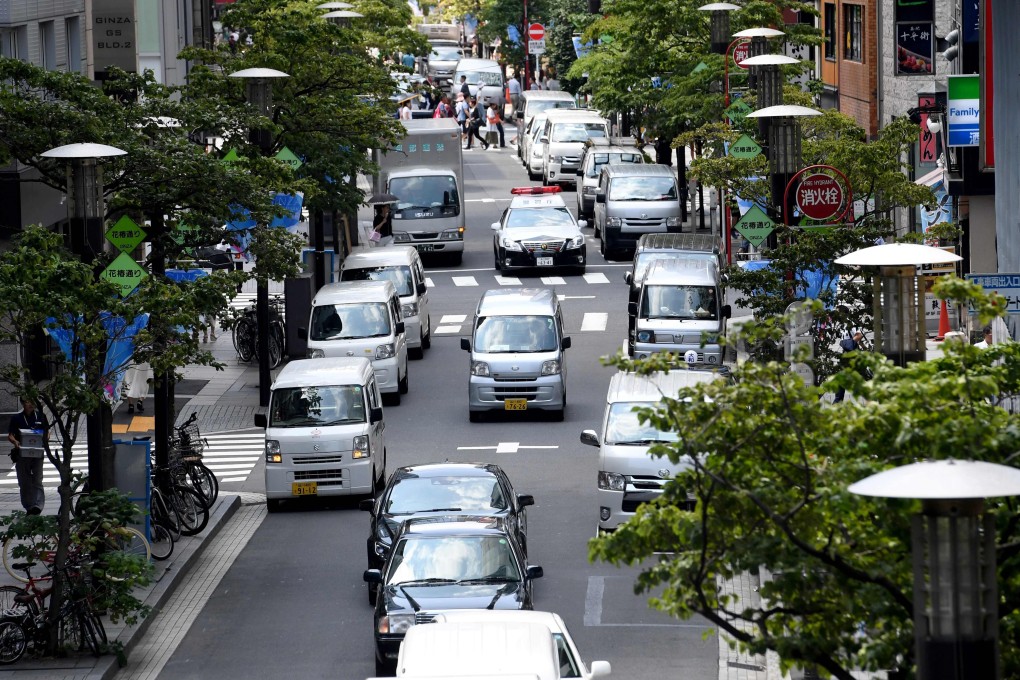Japan mulls action against Chinese, Russian diplomats who refuse to pay traffic fines
- Only 830 of the 3,948 traffic violations involving embassy vehicles in 2018 have been resolved, government officials told a recent budget hearing
- Diplomatic immunity protections are preventing Japanese authorities from recouping the more than US$366,000 in unpaid fines that are still outstanding

The scale of the problem was laid bare in a recent budget committee hearing, where government officials confirmed to the upper house of Japan’s parliament that around 40 million yen (US$366,480) in unpaid traffic fines was owed by the various diplomatic missions around Tokyo.
Only 830 of the 3,948 traffic violations involving embassy vehicles in 2018 had been resolved, the officials said, with some 3,118 fines still outstanding. While the number of violations has declined in subsequent years, plenty of fines are simply written off after the five-year statute of limitations expires, they said.
The government has declined to specify exactly how many traffic fines have yet to be paid by the Russian or Chinese embassies, but the officials were able to confirm that cases involving diplomats from Moscow and Beijing far surpassed the nation with the third-worst record for unpaid fines.
“It is regrettable that there have been cases of parking violations and unpaid penalties by members of the diplomatic corps in Japan,” an official of the Foreign Ministry told This Week In Asia.
“In response, the ministry has repeatedly requested that all diplomats respect domestic laws and regulations regarding the traffic rules of Japan, including the payment of penalties.”
The official added that representations have been made directly to senior diplomats in some of the worst-offending embassies, including the ambassadors. But as foreign embassy staff enjoy diplomatic immunity, Japanese authorities would require an embassy’s consent to try and recoup the money by seizing assets in lieu of payment. Ordinary Japanese citizens, by contrast, regularly have their assets confiscated for failing to comply with fines for traffic violations.